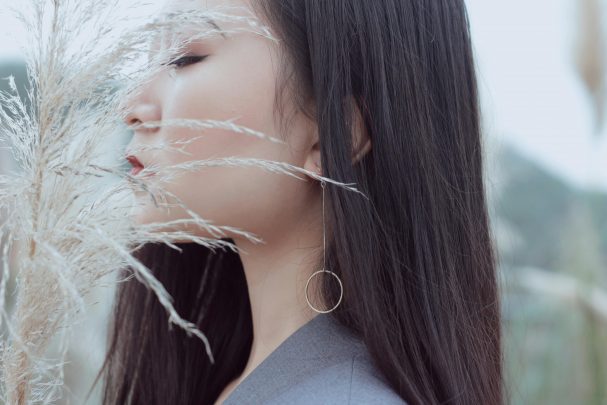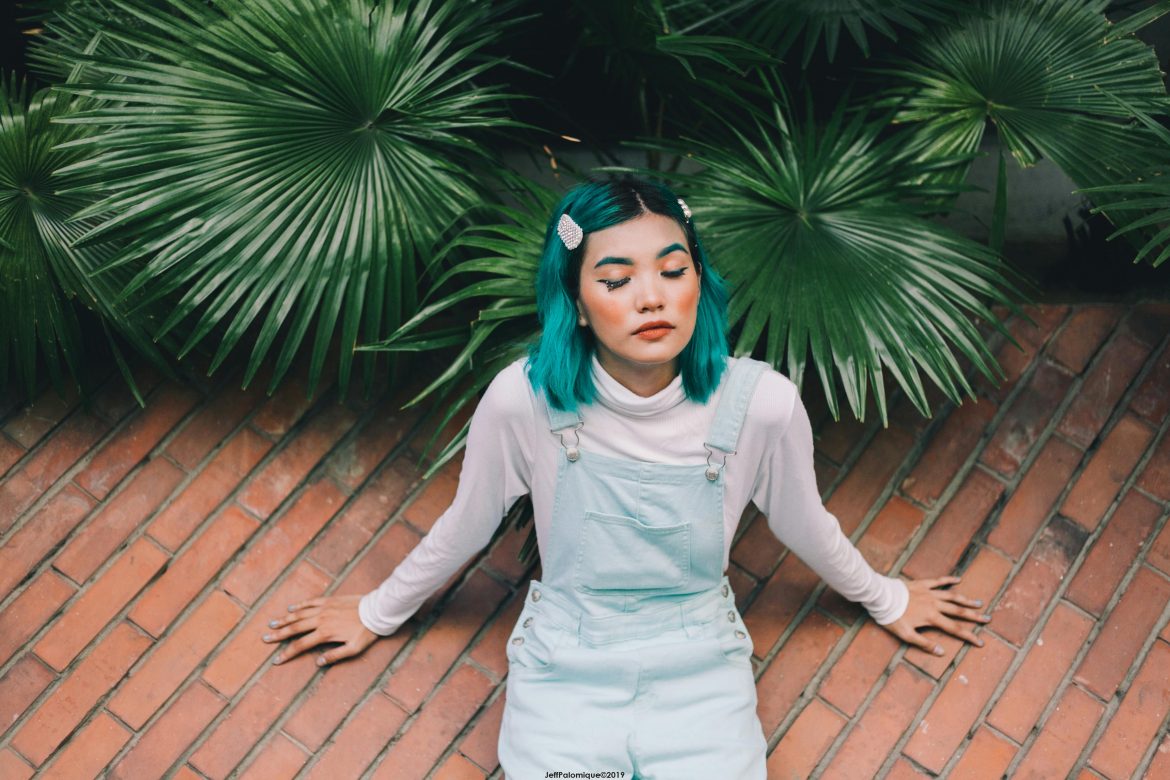Natural hair dye seems to be popping up on pharmacy shelves slowly but surely. And the trend seems to be picking up online too in recent years – from TikTok to lifestyle pieces, I can’t seem to get away from natural or organic hair dyes. But what makes these dyes organic, and are they good for your hair?

Pexels
What is natural hair dye?
Natural hair dyes, in essence, derive their colour from plant-based ingredients rather than synthetic chemicals. Traditional hair dyes often contain harsh chemicals like ammonia and peroxide, which can be harsh on the hair and scalp. In contrast, natural hair dyes use botanical elements such as henna, chamomile, indigo, and amla to achieve various shades. The appeal lies in the promise of a less chemically intensive and more environmentally friendly hair colouring experience.
But does it even work?
In short – yes, they do work. And, depending on your base colour, these dyes can actually work quite well. However, you should be aware that some dyes, like henna, can permanently change your hair colour (until it grows out) – so if you’re looking for a Demi-permanent option, it might not be for you.
On the other hand, the lack of chemicals in organic hair dye can make them fade a lot faster than box dyes or salon-grade dyes.
ALSO SEE: Nature’s remedy: sweet almond oil for clear skin and silky hair

Unsplash
The pros and cons of going the natural route
Pros
Reduced Chemical Exposure: The primary advantage of natural hair dye is the reduced exposure to harsh chemicals. This can be especially beneficial for individuals with sensitive scalps or those looking to minimise their overall chemical intake
Gentler on Hair: Advocates argue that natural dyes are gentler on the hair, leading to less damage and breakage. Some formulations even boast conditioning properties, offering a dual-purpose colouring and nourishing treatment.
Environmentally Friendly: With a focus on plant-based ingredients, natural hair dyes often appeal to eco-conscious consumers. The production processes for these dyes generally have a smaller ecological footprint compared to the manufacturing of traditional synthetic dyes.
Cons
Limited Colour Range: A notable drawback of natural hair dyes is the limited colour range. While they excel in producing earthy and warm tones, achieving a broader spectrum of shades may be challenging. This limitation might disappoint those seeking more diverse and vibrant colours.
Application Process: Applying natural hair dye can be a more involved and time-consuming process compared to traditional dyes. Achieving the desired colour may require experimentation, as the results can be less predictable.
Fading Over Time: Some users report that natural hair dyes may fade more quickly than their synthetic counterparts. This could necessitate more frequent touch-ups to maintain the colour, potentially making it less convenient for those with a busy lifestyle.
My experience
A few years ago, in a sudden urge to go from a brown blonde to black, I hopped into my car and grabbed a box of henna organic hair dye because it was supposed to be better for my hair. I had bleached it previously and was desperate for a change.
In my tiny bathroom in my first year of uni, I underwent this little project in the hopes of protecting my already compromised hair. And this was my experience:
- The colour looked good – it was a jet black with depth. It looked better than any other box dye I’ve tried in the past.
- But, it dried out my hair. Now – I can’t say that it was the dye’s fault. As mentioned, my hair was already compromised, and perhaps the colour processing – no matter how natural – was just too much for the delicate state of my strands.
- On the upside – it lasted a really long time! Better than most box dyes and even salon treatments!
Would I recommend natural hair dye? Yes, I would – but perhaps after a haircut and a chat with your stylist to make sure your hair is in tip-top shape! Otherwise, if you’re not sure, perhaps just going to the salon and getting professional colour is the way to go.
ALSO SEE:
Featured Image: Pexels

